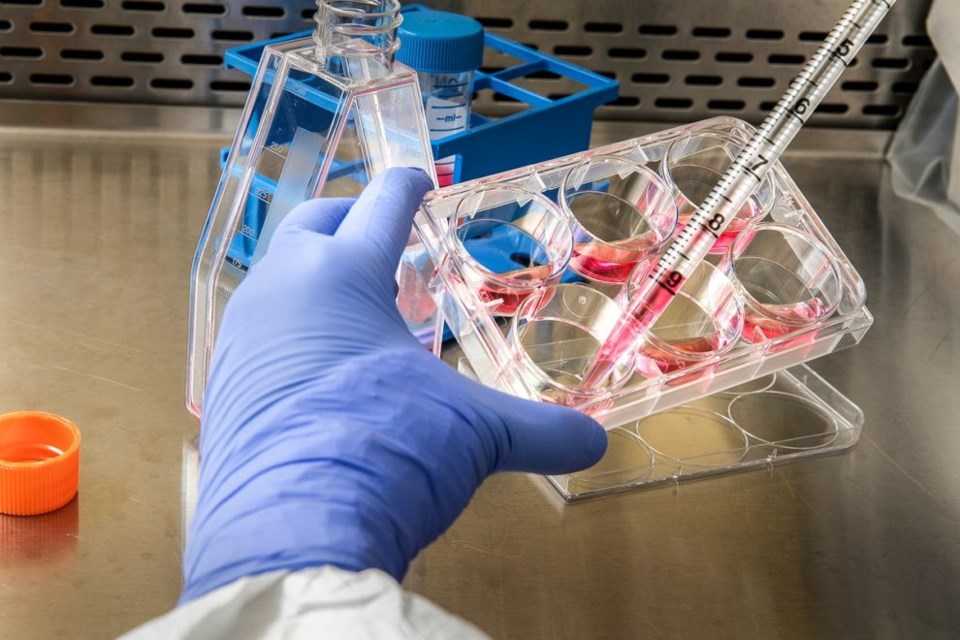The monkeypox outbreak is growing in New York City, and the risk of exposure through sex and other close physical contact is increasing, according to a news release from the New York City Department of Health & Mental Hygiene.
Anyone can get and spread monkeypox. The current cases are primarily spreading among social networks of gay, bisexual, and other men who have sex with men, so this community is currently at the greatest risk of exposure. Those with multiple or anonymous sex partners are particularly at risk.
Beginning 6pm on Friday, July 15, 8,200 first dose appointments will be made to the eligible public through the city’s vaccine portal, vax4nyc.nyc.gov/monkeypox. Appointments will be scheduled out over the next two weeks.
Due to a limited supply of the JYNNEOS™ vaccine nationally, eligibility during this phase is restricted to those at the highest risk of a recent exposure based on national and local cases.
About monkeypox:
The monkeypox virus is most often spread through direct contact with a rash or sores of someone who has the virus. It can also spread through contact with clothing, bedding, and other items used by a person with monkeypox. It is not yet known if monkeypox can spread through saliva, semen or vaginal fluids.
Symptoms:
The most common symptom is a rash or sores that can look like pimples or blisters. These may be all over the body or just in certain parts, such as the face, hands, or feet, or around or inside the mouth, genitals or anus. The rash and sores can be quite itchy and painful and cause scarring and other complications. Before or at the same time the rash or sores appear, some people have flu-like symptoms, such as fever, swollen lymph nodes, headache, and tiredness. In some cases, monkeypox can cause severe illness. A person is contagious until all sores have healed, and a new layer of skin has formed, which can take two to four weeks.
Prevention and care:
To reduce the chance of getting or spreading monkeypox, do not engage in sex or other close physical contact (such as touching, massage, or kissing) if you or your partners are sick and especially if you or they have a new or unexpected rash or sores anywhere on the body. Avoid gatherings and direct contact with others if you are unwell or have a rash or sores. Wash your hands, sex toys and bedding before and after sex or other intimate activities.
It is crucial to seek care as soon as you notice a rash or sores. If you don’t have a health care provider, visit the NYC Health Map or call 311 to be connected to care. People who receive the vaccine should continue to take these precautions to prevent transmission of monkeypox.



